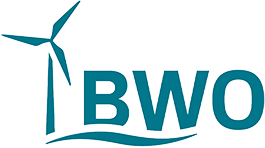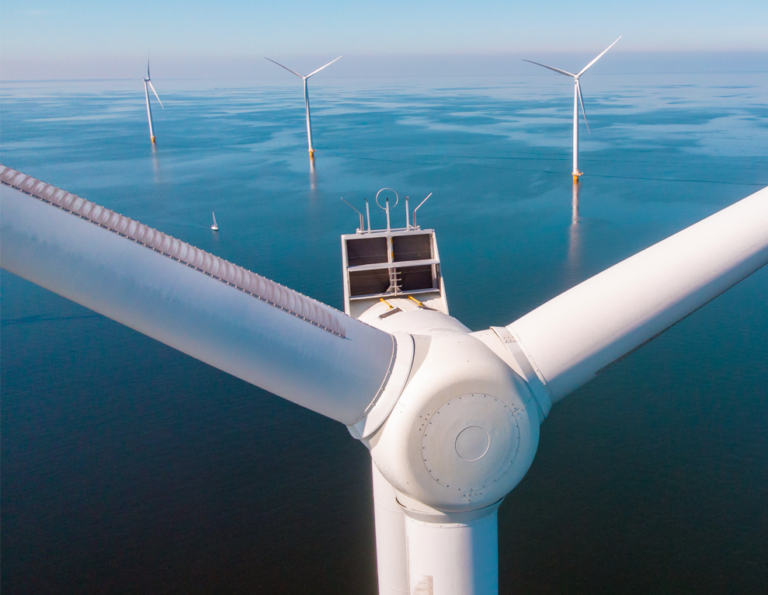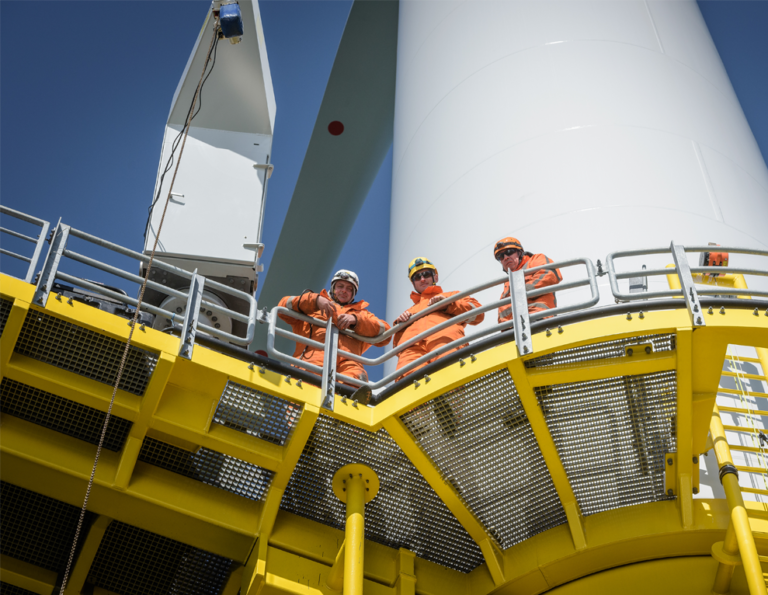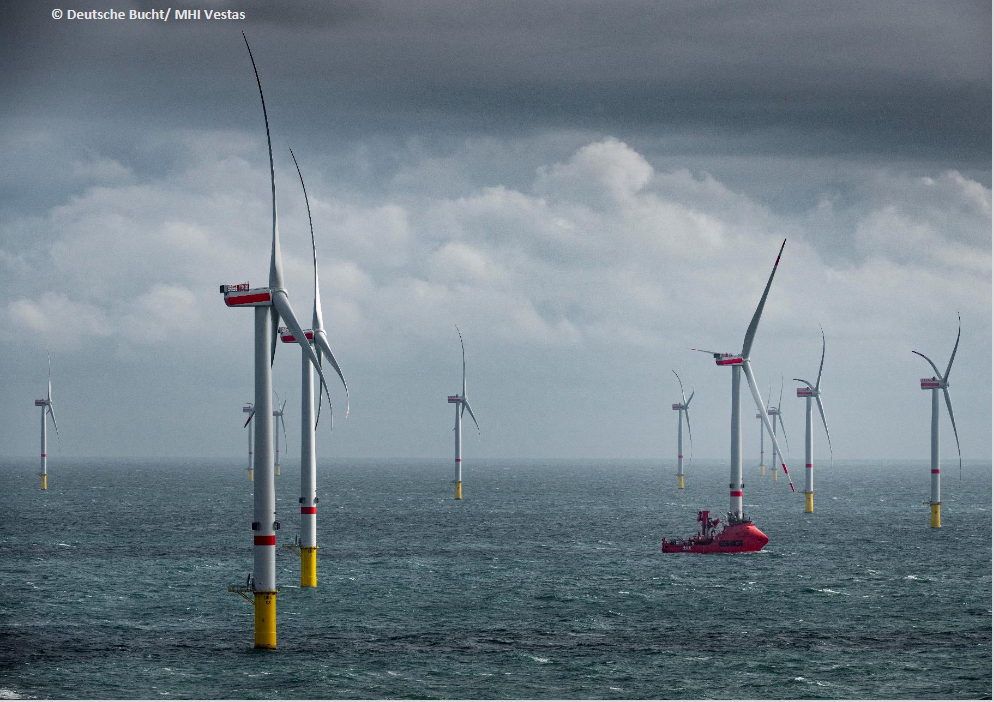EEG amendment creates reliability in planning — other uncertainties remain
“Clear expansion paths are important and create planning security for producers and consumers of green electricity. We therefore welcome the fact that the federal government is sticking to its course and is now legally anchoring both 65 percent renewable energies by 2030 and greenhouse gas neutrality by 2050 ", commented Stefan Thimm, Managing Director of the Federal Association of Wind Farm Operators Offshore eV, on the amendment to renewables that was passed in the Federal Cabinet today Energy Act (EEG).
Thimm also expressly welcomes the announced debate about the market design for financing renewable energies. However, the EEG must be preserved for the financing of renewable energies until a suitable market design has been developed and implemented. In order to achieve a fully market-driven expansion of renewable energies, numerous regulatory parameters must first be adjusted. “A quick shot - in the form of an early abolition of the EEG - would have a massive impact on the further expansion of renewable energies. This consideration must therefore be tied to a corresponding market framework, ”says Thimm. Among other things, aspects such as feed-in priority and the TSO's purchase obligation should be taken into account. At this point he also refers once again to the ongoing discussion on the amendment to the WindSeeG, which is intended to regulate many of the questions relevant to offshore wind - such as the expansion targets and the tender design.
The industry continues to advocate the introduction of Contracts-for-Difference (CfD). "Especially against the background of the upcoming further development of the market design, the CfD gives investors the necessary financial security to achieve the expansion goals cost-effectively," said Thimm
The need for legal adjustments is minimal, as the CfD model is based on existing structures. However, it offers enormous advantages, as it would improve the cost efficiency of the further expansion of renewable energies and at the same time ensure that the CO2 reduction targets are achieved.
As part of the consultation process, the BWO issued a statement on the draft EEG amendment to the BMWi. It expressly welcomes the new climate targets as well as the exemption of green hydrogen projects from the EEG surcharge and also the extension of the implementation deadlines for offshore wind projects in the event of the turbine manufacturer's insolvency.
However, the BWO is critical of the new regulation of the remuneration of renewable energy systems in the EEG amendment in the event of negative stock exchange prices. Up to now, the system operators have been granted a remuneration for negative electricity prices of up to six hours. This time interval has now been shortened to 15 minutes. "This increases the revenue risk for operators considerably, which drives up the costs for future offshore wind projects," says Stefan Thimm. In order to limit this risk, compensation measures are actually still absolutely necessary.
In addition, topics such as the demand-driven nighttime marking of offshore wind turbines, requirements for cross-border pilot projects and innovation tenders are addressed in the statement.
You can download the full statement in the attachment.
Via the Federal Association of Wind Farm Operators Offshore eV
The Federal Association of Wind Farm Operators Offshore (BWO eV) is the federal association of all companies that plan, build and operate wind farms in the German North and Baltic Seas. In this way, the BWO bundles the strength and know-how for a successful energy transition in Germany and Europe.
Equipment:
Contact person:
Head of Communications
Phone: + 49 (30) 28 444 650
Email: l.dettmer@bwo-offshorewind.de




